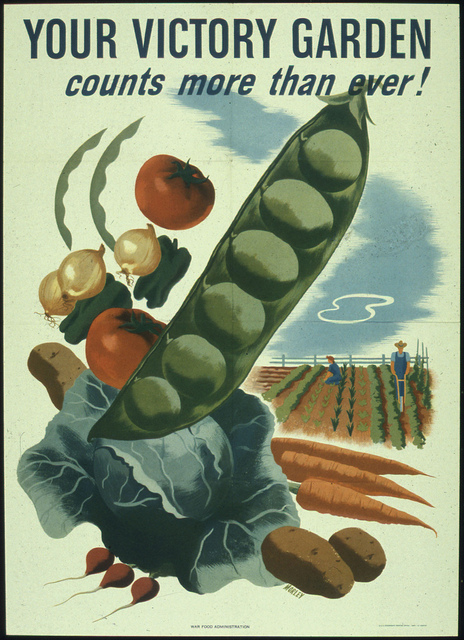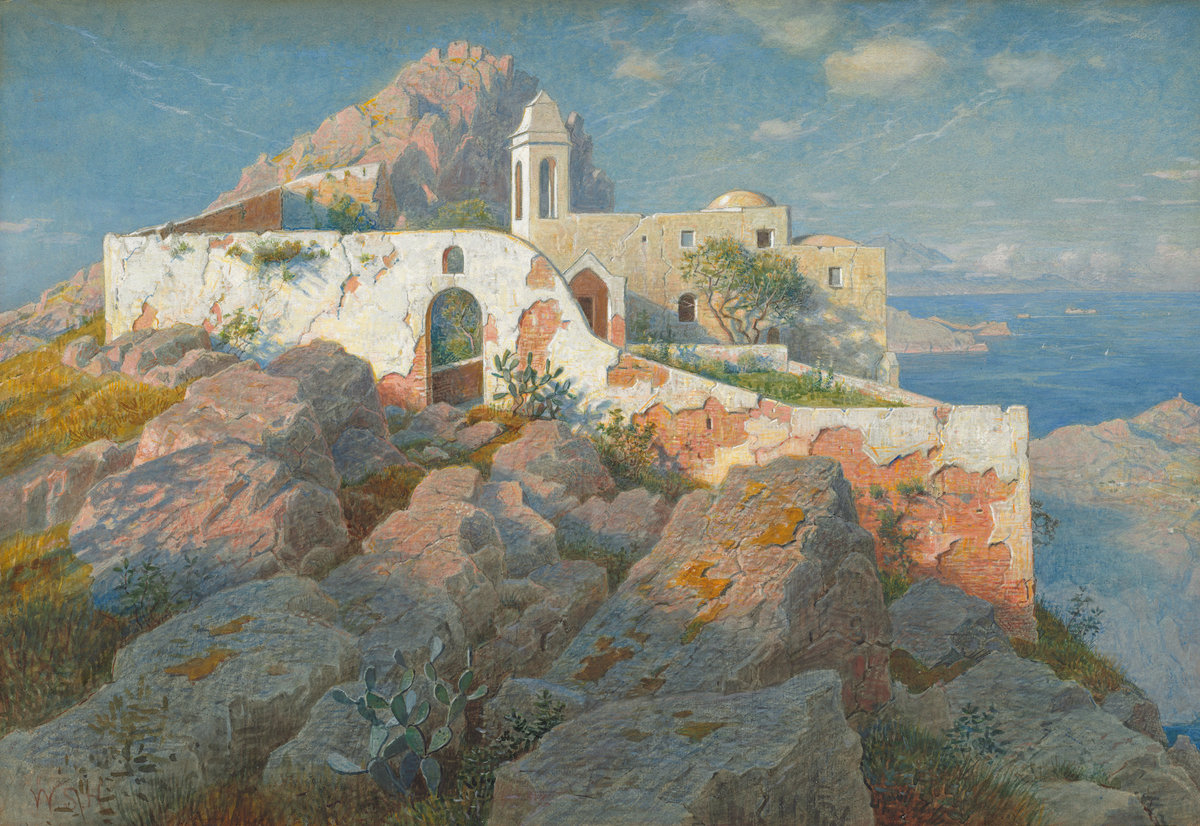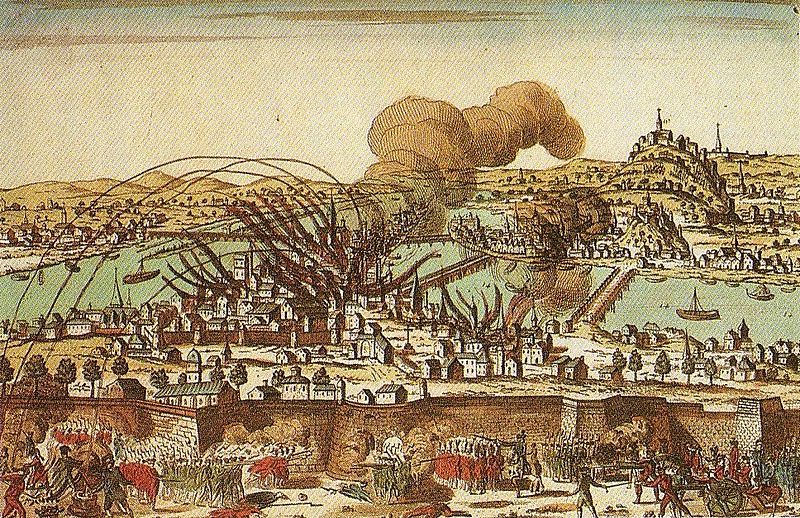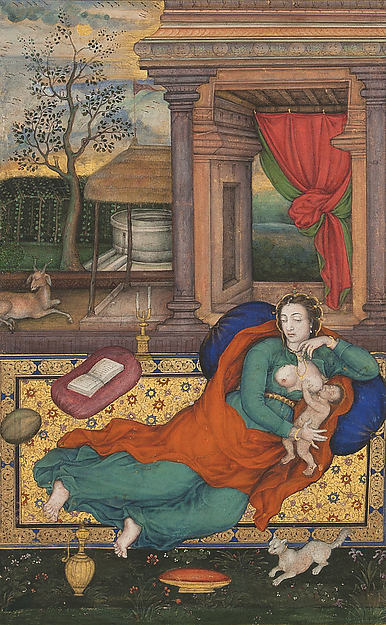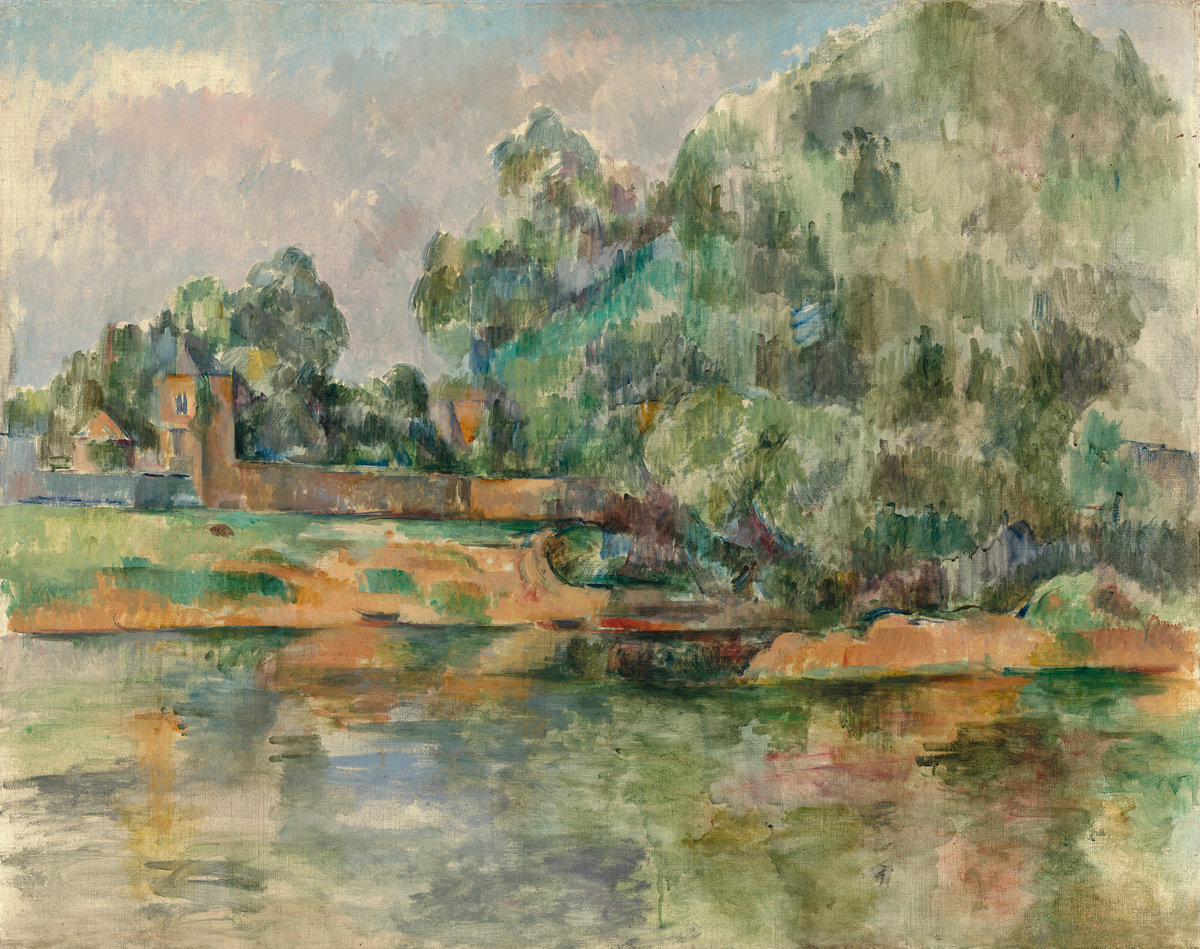By Sarah Bakhtiari

Nigeria’s security forces contend not only with the Boko Haram insurgency, but also with rural violence between Fulani herdsmen and farming communities.
How does the United Nations rate on its progress toward developing a peacebuilding capacity? The 2015 Review of the UN Peacebuilding Architecture suggests that, among other things, the UN must better align peacebuilding efforts to all phases of the conflict cycle, not just post-conflict environments.
Property taxes? The subject usually elicits a yawn, snooze, or snore. Yet property taxes offer a major opportunity for revenue generation in developing states as a major urban reform effort—one that needs to be capitalized upon more extensively and systematically.
In a recent PRIO policy paper, Nils Petter Gleditsch and Ida Rudolfsen indicate that the share of conflicts in Muslim countries has increased markedly since the end of the Cold War, and that the majority of civil war battle-related deaths occur in Muslim countries.
Do material improvements make people happier? Using multi-country randomized control experiments, economists demonstrate that substantially improved housing does indeed make impoverished populations more satisfied with their quality of life, although these effects tend to dissipate over time.
Does a distinct national identity have a role to play in combatting extremism? The United States and Britain appear to employ this approach in their counter-extremism strategies—but states with less coherent identities might be challenged to use this approach.
This month, the Spanish government implemented a new law nicknamed the Gag Law, which aims to curb unscheduled protest activities with steep financial penalties in the name of security. Does the new law—along with additional initiatives aiming to restrict media—violate European Union human rights standards, and should the EU play a role in sanctioning actions like these?
The June drought in North Korea, although billed by the regime as the worst in a century, is unlikely to have a humanitarian impact similar to the 1990s crisis (when allegedly close to one million people perished). Why? North Koreans no longer depend on the government to the degree that they did several decades ago, thanks to informal markets.
Wendy Wong writes that the loss of a revolutionary tone in human rights politics doesn’t reflect softer demands, but rather the broad acceptance of human rights norms. Meanwhile, John Knox tells us why environmental protection is an essential condition for human rights.
Is there a policy-relevant “movement” afoot within academia? James Goldgeier and Bruce Jentleson make the claim, offering three reasons why we should be optimistic about academic efforts to bridge the gap with policy.

